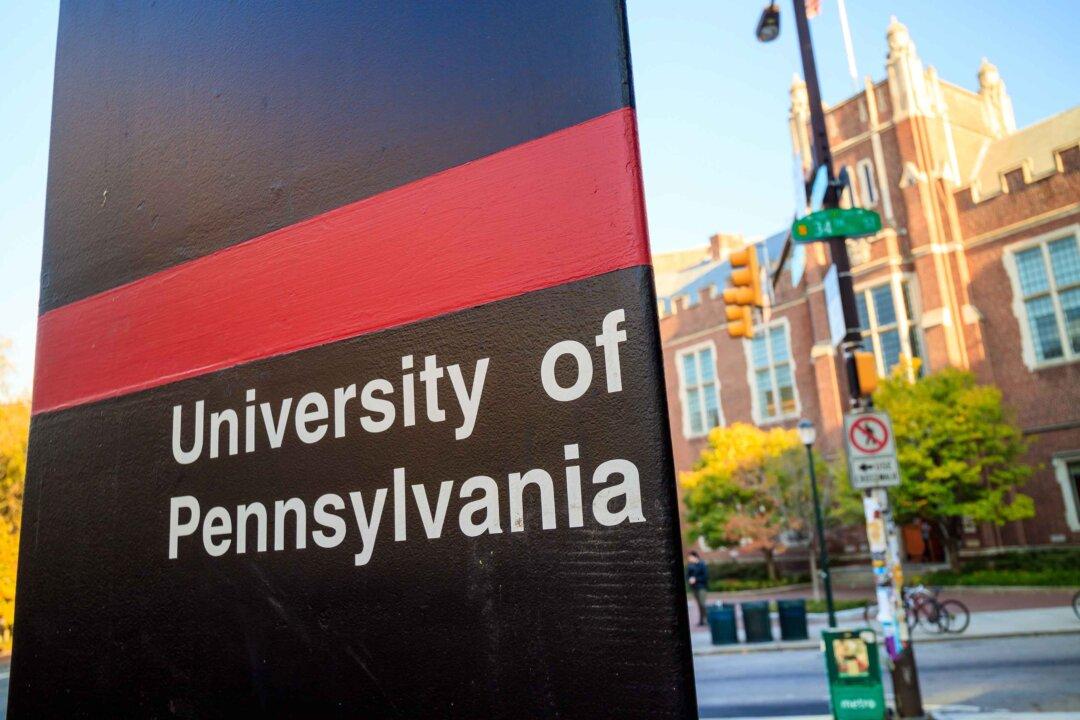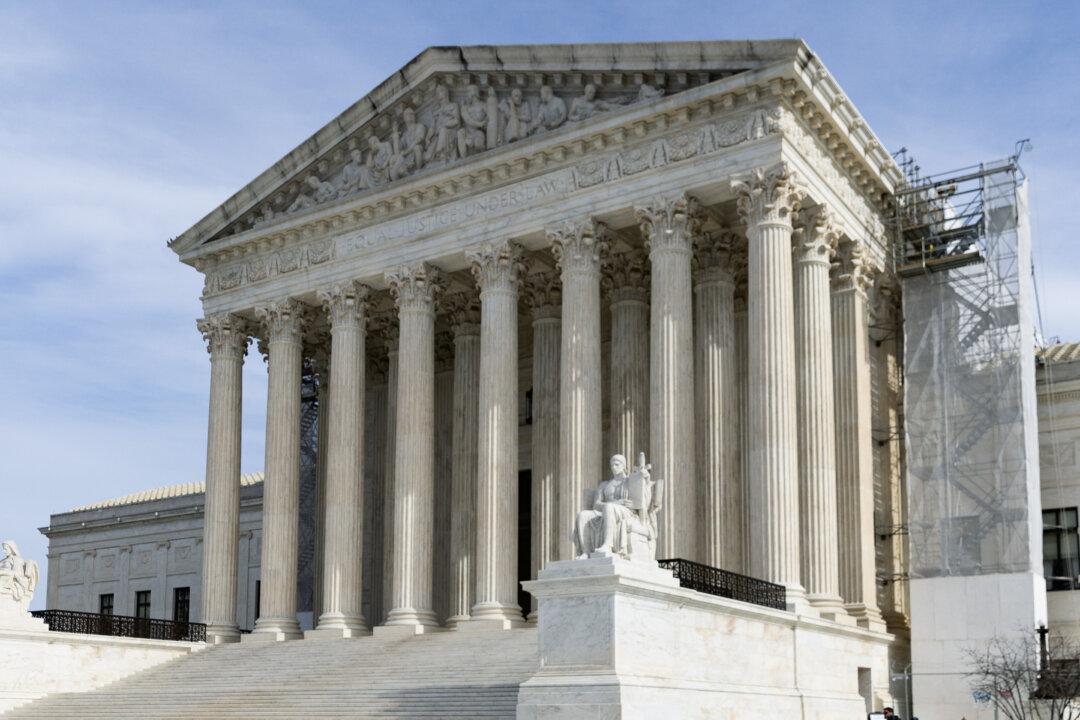Commentary
One of America’s storied Ivy League executive training grounds is elevating a view of capitalism that shuns the very enterprises from which its namesake made his fortune: In 2023, the University of Pennsylvania’s Wharton School will offer a new major called Environmental, Social and Governance Factors for Business.






